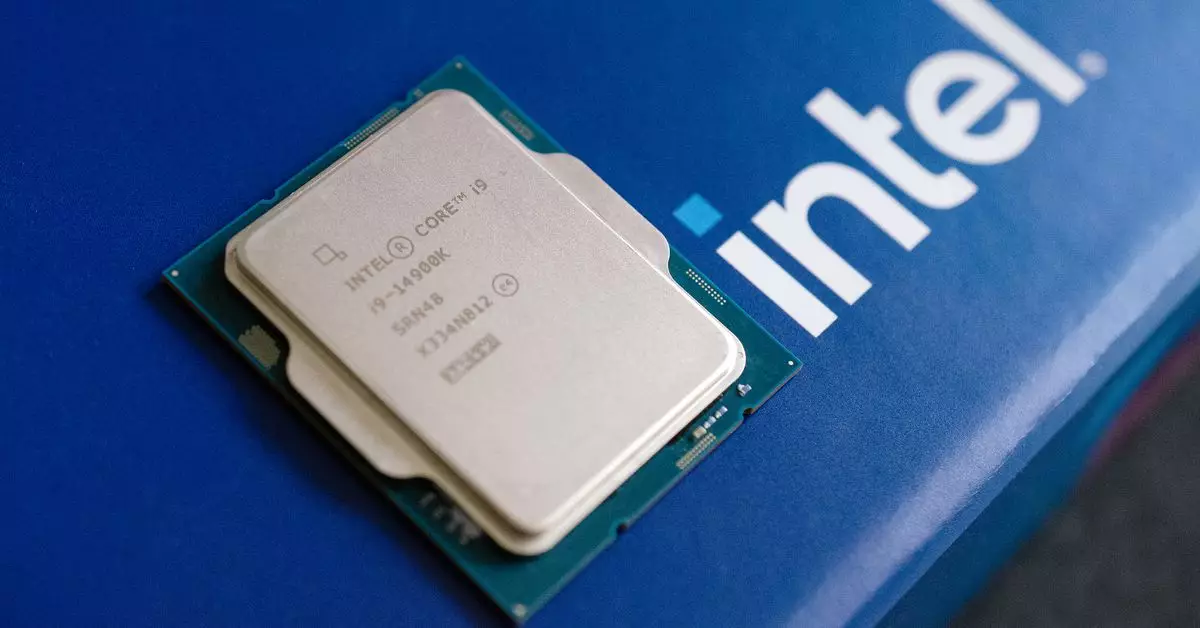Recent developments in the realm of Intel’s 13th and 14th Generation Raptor Lake processors have sent ripples of concern through the tech community. With the announcement of new microcode updates aimed at preventing potential damage to these chips, users are grappling with the implications of these changes on their desktop PCs. While the urgency of Intel’s response is commendable, a deeper analysis of the situation reveals lingering questions about the effectiveness and thoroughness of their approach.
Intel’s recent microcode update, designated 0x12B, targets an alarming vulnerability in their processors that can lead to catastrophic failures, particularly when the CPU draws excessive power during idle or light processing states. This can prematurely age the chip, raising concern for those who have invested heavily in these technologies. However, it is worth noting that this update does not address the issues faced by users whose systems are already crashing, which raises significant questions regarding Intel’s customer support process and the adequacy of their warranty policies.
While Intel asserts that the deployment of the microcode update may take weeks as manufacturers validate it for their respective motherboards, this timeline feels insufficient. Users seeking immediate protection for their hardware might find themselves in a precarious situation, especially if they have not yet applied the previous BIOS updates that reportedly contained fixes. The lack of clarity on the timeline for these updates underscores a potential failure on Intel’s part to effectively communicate with their consumer base.
Affected consumers are finding themselves in a tricky position. For those who have experienced failures, the recommended course of action is to contact Intel or their PC manufacturer directly. Yet, the uncertainty around the efficacy of the chips and the ambiguity surrounding the company’s capacity to assist raises concerns. Intel has not provided detailed statistics outlining how many processors have been impacted, leading to speculation and anxiety within the user community.
Moreover, despite Intel’s claims that their laptop chips are not affected by the same issues as the Raptor Lake desktop variants, scattered reports challenge this assertion. This inconsistency calls into question the company’s quality control measures and their transparency in addressing potential vulnerabilities across their product lines.
In light of these developments, it is crucial that Intel emphasizes accountability and transparency. The tech behemoth needs to provide swift updates on their efforts to mitigate the damage and a clear framework for addressing issues as they arise. Moreover, proactive communication regarding affected batches and the actual scope of the problems could significantly bolster consumer confidence.
While Intel’s introduction of the microcode update is a necessary step towards safeguarding users’ hardware, it remains essential for the company to address the broader implications of these issues. Prioritizing customer support and fostering transparent communication will be paramount as consumers navigate this new landscape of uncertainty. As technology continues to advance at a rapid pace, the responsibility to maintain trust and reliability rests heavily on the shoulders of industry leaders like Intel.

